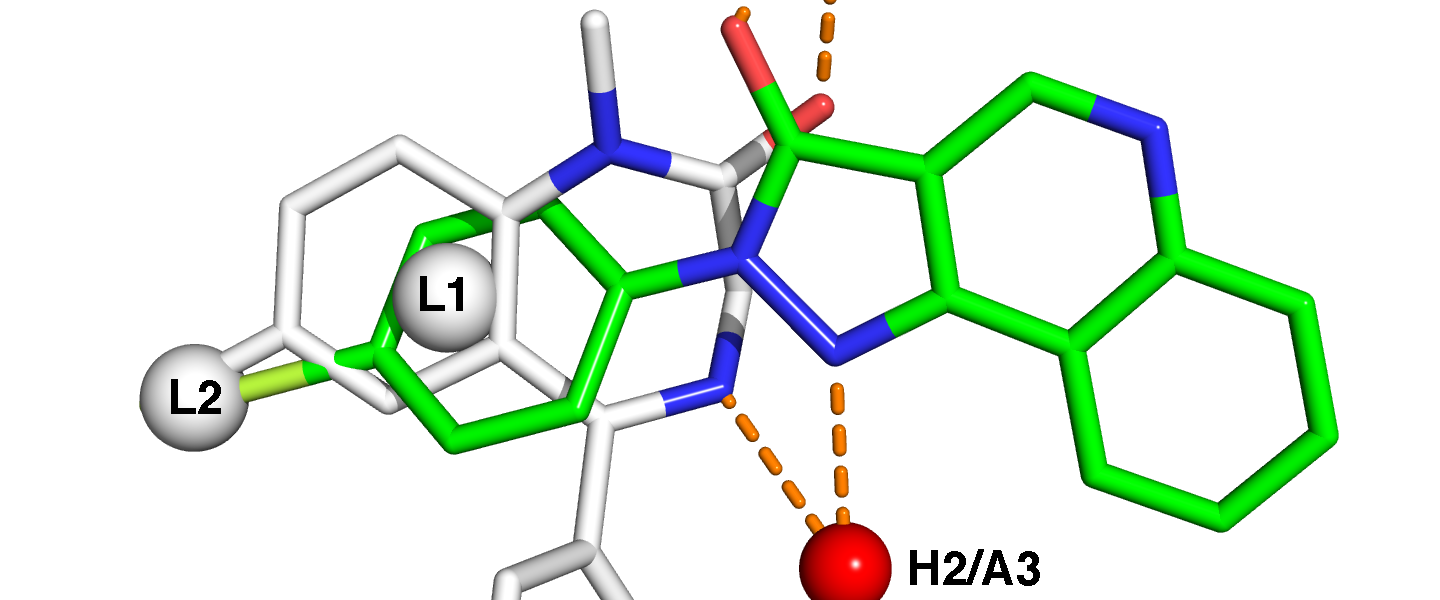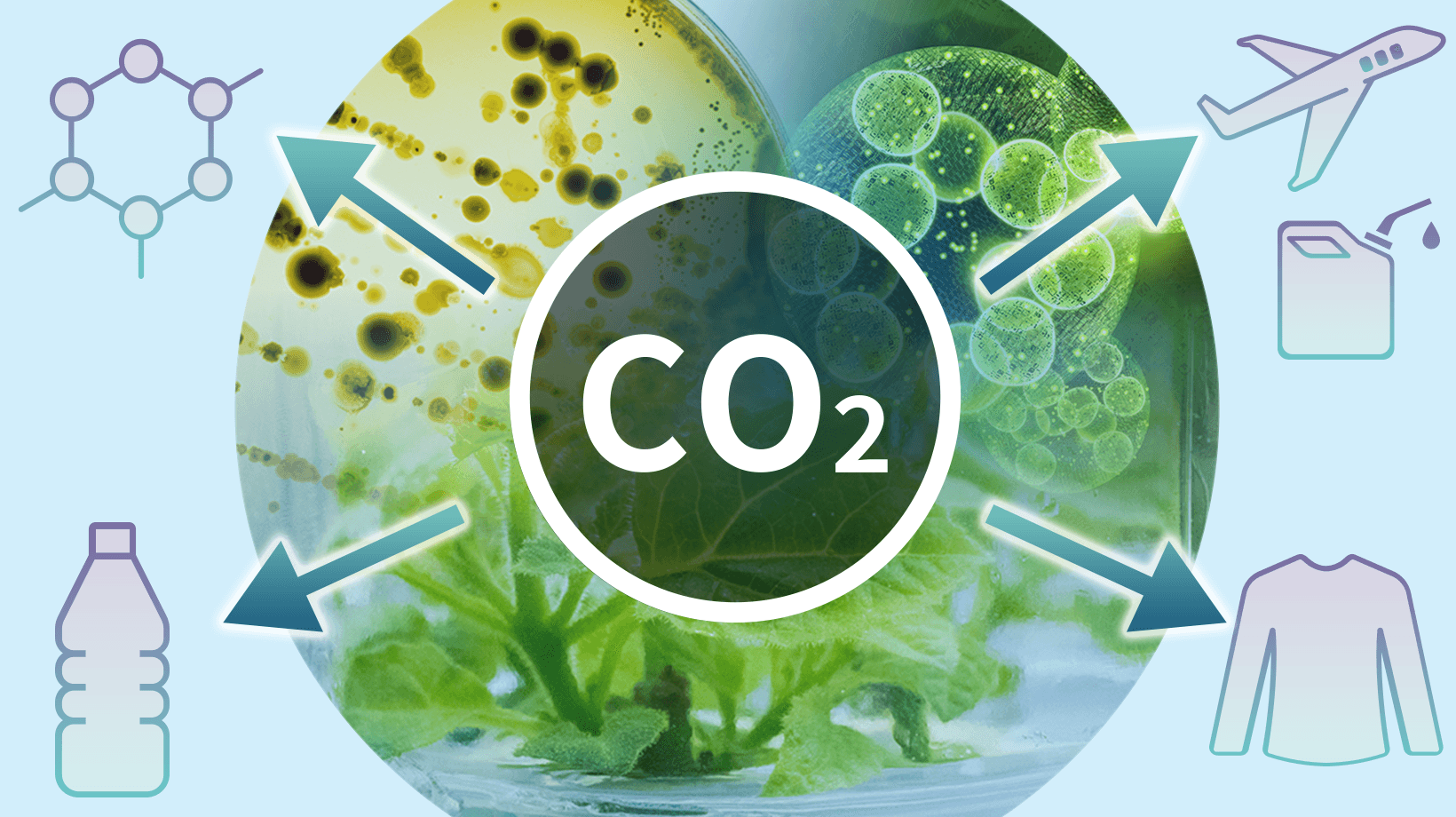Medicinal chemistry, an essential discipline at the intersection of chemistry and pharmacology, plays a critical role in the development of new drugs and therapies. Over the years, advancements in this field have led to groundbreaking treatments for various diseases. This 1000-word article explores the significant strides made in medicinal chemistry, highlighting its impact on healthcare and the journey towards discovering new danatoto cures.
Introduction
The quest for new and more effective drugs is a continual challenge in the medical world. Medicinal chemistry, with its focus on designing, synthesizing, and developing pharmaceutical agents, has been at the forefront of this quest. Innovations in this field have not only led to the development of life-saving drugs but have also paved the way for personalized medicine and treatments for previously incurable diseases.
The Evolution of Medicinal Chemistry
Early Developments
The roots of medicinal chemistry can be traced back to the extraction and use of compounds from natural sources. Early medicines were often derived from plants and minerals, with limited understanding of their chemical properties.
The Synthetic Revolution
The 20th century witnessed a revolution in synthetic chemistry, leading to the development of synthetic drugs. This marked a significant shift from natural extracts to laboratory-created compounds, expanding the possibilities in drug development.
Breakthroughs in Drug Discovery
Antibiotics: Fighting Bacterial Infections
The discovery of antibiotics, such as penicillin, revolutionized the treatment of bacterial infections. This marked a major milestone in medicinal chemistry, saving countless lives from previously fatal diseases.
Antiviral Drugs: Combating Viruses
The development of antiviral drugs has been a significant achievement in medicinal chemistry. These drugs have been crucial in treating viral infections like HIV/AIDS, offering hope to millions worldwide.
Cancer Therapeutics: Targeted Treatments
Advances in understanding the molecular basis of cancer have led to the development of targeted therapies. Medicinal chemists have played a key role in designing drugs that specifically target cancer cells, minimizing damage to healthy cells.
Technological Advancements and Medicinal Chemistry
High-Throughput Screening
Technological advancements have enabled high-throughput screening, allowing scientists to quickly test thousands of compounds for biological activity. This has accelerated the drug discovery process significantly.
Computational Chemistry
The integration of computational chemistry into drug design has been transformative. Computer-aided drug design (CADD) uses computational methods to simulate and predict how drug molecules will interact with their target.
Nanotechnology in Drug Delivery
Nanotechnology has opened new frontiers in drug delivery systems. Medicinal chemists are developing nanoscale drug carriers that can deliver drugs more efficiently and target specific sites in the body.
Challenges and Solutions in Medicinal Chemistry
Drug Resistance
One of the major challenges faced by medicinal chemists is the development of drug resistance, particularly in antibiotics and antivirals. Continuous research is focused on developing new drugs that can overcome resistance mechanisms.
Balancing Efficacy and Safety
Designing drugs that are both effective and safe remains a key challenge. Advances in toxicology and pharmacokinetics are helping chemists to better predict and mitigate potential side effects.
Environmental Impact
The environmental impact of drug synthesis and disposal is an emerging concern. Green chemistry principles are increasingly being applied to make drug production more sustainable and eco-friendly.
The Future of Medicinal Chemistry
Personalized Medicine
The future of medicinal chemistry lies in personalized medicine – designing drugs tailored to individual genetic profiles. This approach promises more effective and less harmful treatments.
Biopharmaceuticals
The field is also seeing a shift towards biopharmaceuticals – therapeutic agents developed using biotechnology. These include proteins, antibodies, and nucleic acid-based drugs.
Collaborative and Interdisciplinary Approaches
Medicinal chemistry is becoming more collaborative and interdisciplinary, integrating insights from fields like biology, computer science, and materials science to drive innovation.
Ethical Considerations and Access to Medication
Ethical Drug Development
Ethical considerations in drug development, including clinical trial practices and patient consent, are of utmost importance. Ensuring ethical standards is fundamental to the integrity of the field.
Global Access to Medications
There is an ongoing challenge in ensuring global access to new medications. Addressing issues of affordability and distribution is crucial to meet global healthcare needs.
Case Studies: Success Stories in Medicinal Chemistry
Breakthroughs in Hepatitis C Treatment
The development of new drugs for Hepatitis C, which can cure the infection in most cases, showcases the success of medicinal chemistry in tackling challenging diseases.
Advances in Alzheimer’s Research
Ongoing research in Alzheimer’s disease represents the cutting edge of medicinal chemistry. Although a cure is yet to be found, significant progress has been made in understanding and potentially treating this complex condition.
Conclusion
The journey of medicinal chemistry from traditional remedies to modern drug development underscores its pivotal role in healthcare. The field continues to evolve, driven by technological advancements, a deeper understanding of diseases










